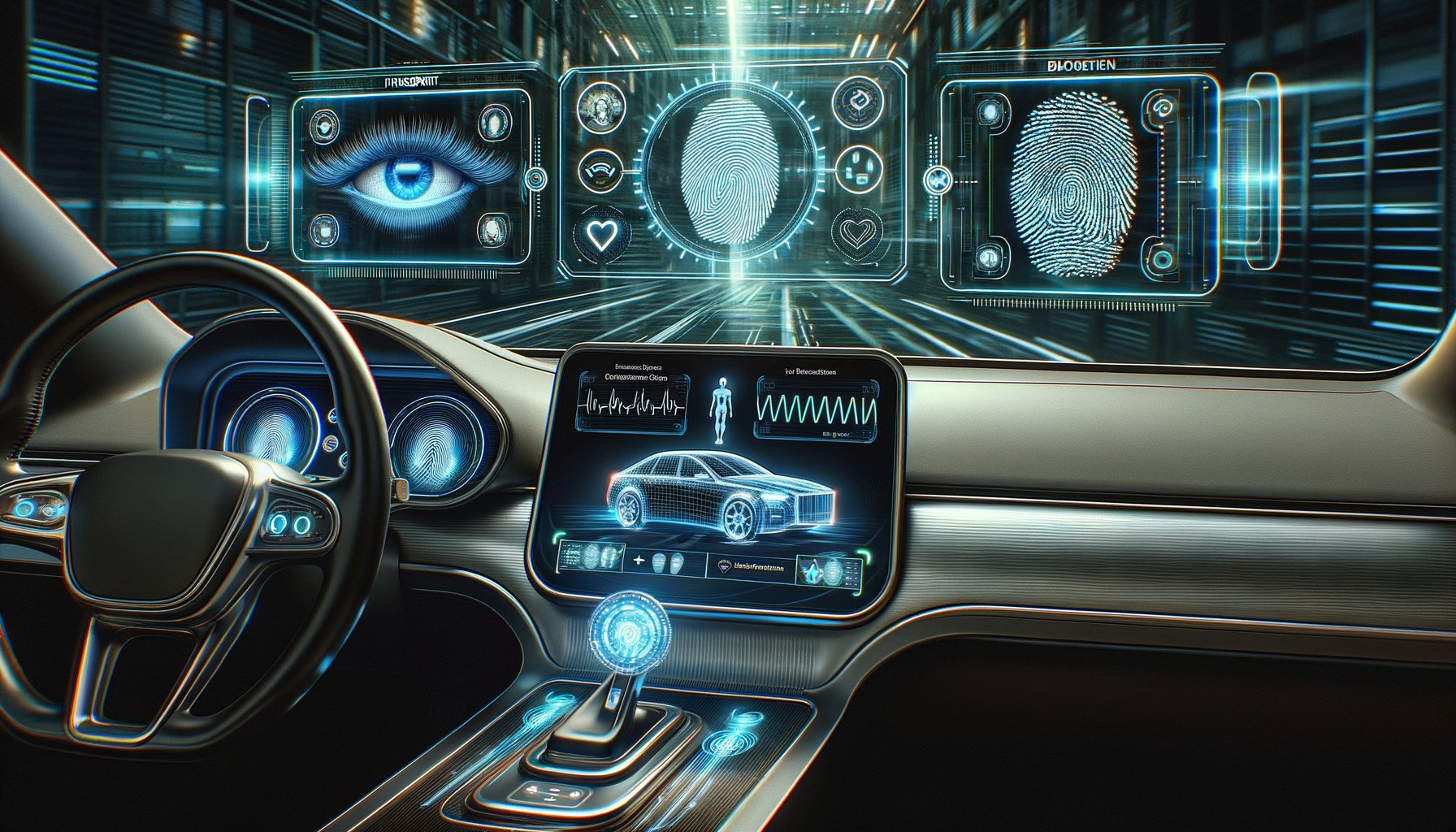Physical Address
304 North Cardinal St.
Dorchester Center, MA 02124
Physical Address
304 North Cardinal St.
Dorchester Center, MA 02124

The digital revolution has significantly transformed the way we live and work, and the automotive industry is no exception. As technology continues to evolve, so does car security. One of the most exciting advancements in this field is biometric technology. This cutting-edge innovation promises to redefine traditional vehicle access systems by providing enhanced security and convenience for drivers.
Biometrics refers to technologies that measure and analyse human body characteristics, such as fingerprints, eye retinas and irises, voice patterns, facial patterns and hand measurements, for authentication purposes. By leveraging these unique attributes, biometric systems can provide a higher level of security compared to conventional methods like keys or passwords.
In the context of cars, biometric technology is typically used for identification and access control. For instance, some vehicles use fingerprint recognition systems where drivers can unlock their cars or start the engine with a simple touch. Other forms of biometrics used in automobiles include facial recognition, iris scanning, heart rate monitoring and even gesture recognition.
The process begins with a sensor that captures data from a specific biological characteristic. This data is then converted into a digital format and compared against pre-stored user profiles for verification. If there’s a match, access is granted; if not, it’s denied. This process occurs within seconds – making it both efficient and user-friendly.
There are several benefits associated with using biometrics in cars:
While the benefits of biometric technology are clear, there are also challenges that need to be addressed:
In spite of these challenges, many industry experts believe that biometrics will play a crucial role in shaping the future of car security. Companies like Mercedes-Benz, BMW and Hyundai have already introduced models equipped with biometric features such as fingerprint sensors and facial recognition cameras.
Beyond security applications, there’s also potential for using biometrics in other areas like driver health monitoring and personalised infotainment experiences. Imagine a car that can detect when you’re stressed and adjust the cabin environment to help you relax, or one that curates a personalised playlist based on your mood!
While we might not see widespread adoption of biometrics in cars overnight, it’s clear that this technology has the potential to revolutionise the way we think about vehicle security and personalisation. As advancements continue, we look forward to seeing how biometric technology will shape the future of the automotive industry.